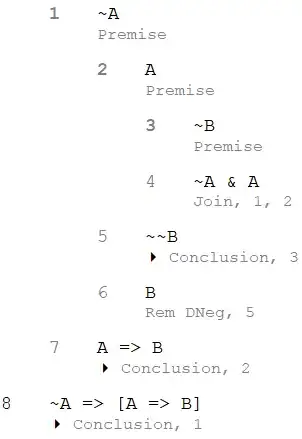Certainly this definition of material implication in classic and intuitionistic logic has been controversial from the beginning and prompted C.I. Lewis developed alternative strict conditional (modal logic) in the early 20th century and many other logics pursued by many other people such as Church's relevance logic and Kripke's pure entailment logic.
Recent work in formal semantics and philosophy of language has generally eschewed material implication as an analysis for natural-language conditionals... Thus semantic analyses of conditionals typically propose alternative interpretations built on foundations such as modal logic, relevance logic, probability theory, and causal models.
Similar discrepancies have been observed by psychologists studying conditional reasoning. For instance, the notorious Wason selection task study, less than 10% of participants reasoned according to the material conditional.
But if you stay within the simplest classic logics for most cases, this definition is perhaps the best to track our usual logical implication. Like most math theorems, any resultant conclusion is conditional. The two vacuous truth cases you're apparently concerned about are there to let you always express true sentences. Otherwise if your antecedent is false in some cases, then your conditional sentence as an argument will need to be false and we certainly don't like this to occur. The way $p \to q$ is actually defined is nothing but $\lnot p \lor q$, usually this formula will explain things better...
